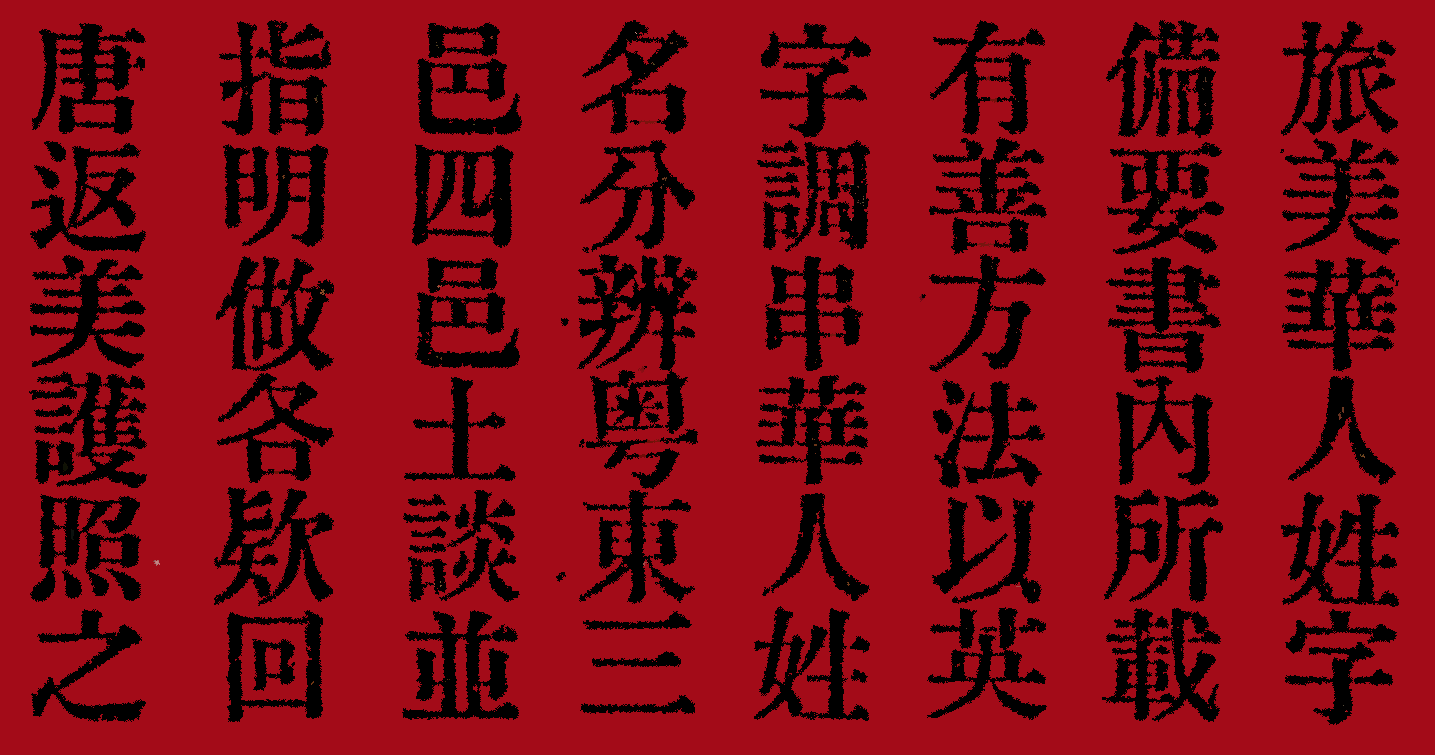What’s Not in a Name?
January 12th, 2022
If Emma Woo Louie’s car hadn’t been out for repairs, she wouldn’t have met Cyrano. When the young driver from China told the 95-year-old Palo Altoan his name, he had her attention immediately. As in, de Bergerac? He had read the play and taken a liking to it, he explained. He hadn’t met any other Cyranos before.
This sort of naming origin story isn’t new to Louie; indeed, for years, collecting them was a singular obsession. Before a trip, she’d call up the local cemetery wherever the family was headed and ask if any people of Chinese descent were buried there. Given how diverse, personal, arbitrary, and informal names and their origins are, they’re hard to study. So for Louie, gravestones were remarkably informative, containing records of hard-to-access information: A person’s full name in its original Chinese characters, the English spelling they used, and their place of birth, which gave her a clue as to what dialect they spoke. “My family thought I was crazy,” she tells me.
As for many people in the small but passionate world of name study, Louie’s interest was born from a social irritant. The spelling of her last name caused people confusion: People would ask if her husband was white, or point out that 雷 should have been transliterated as Lui or Lei. “I wanted to explain to my kids how they came by the surname Louie,” she says. Both her father and father-in-law migrated to the United States in 1884. Before there were spelling norms for Chinese names, she tells me, new arrivals tended to write their names according to how they sounded.
In 1998, the independent researcher published Chinese American Names: Tradition and Transition, a fascinating piece of research about heritage, bureaucracy, and cultural confusion. Among its many stories are ones like Cyrano’s, who, Louie speculates, was following the Chinese tendency to choose unique names, rather than popular names or the names of existing people, like family members or famous figures. Thus came Bendrew, Dragona, Kenjohn, and a woman who emigrated from Taiwan and chose for her American name, Mirage.
You have reached your article limit
Sign up for a digital subscription and continue reading all new issues, plus our entire archives, for just $1.50/month.
Already a subscriber? Sign in
More Reads
Close Read: Thiago Rodrigues-Oliveira, et al.
Veronique Greenwood
Take the W: Entry Points
Katie Heindl
Credit: Creative Commons, johnmac612, CC BY-SA 2.0. When I started writing “seriously” about basketball eight years ago (before that, I wrote NBA fan fiction for David ...





